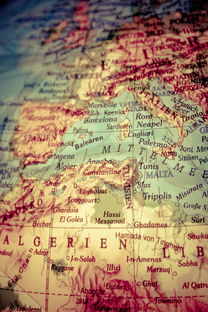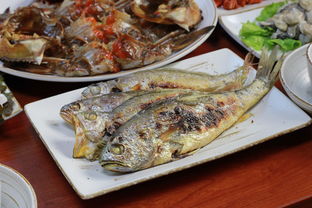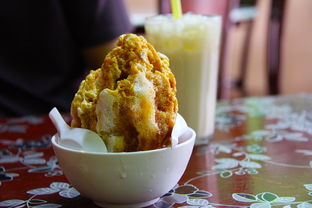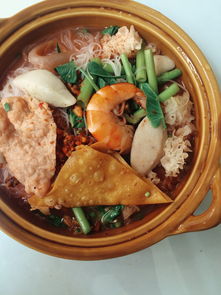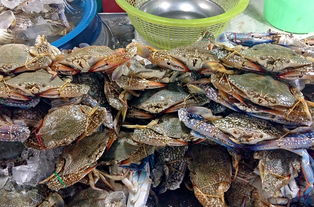A Culinary Journey Through Hangzhou:Exploring the Delights of Chinese Gastronomy
When we talk about the rich tapestry of Chinese cuisine, Hangzhou stands out as a city that offers a symphony of flavors, a feast for the senses, and a culinary experience that is as diverse as it is delightful. Writing an English essay about Hangzhou's food is not just about documenting recipes or listing dishes; it's an opportunity to delve into the heart of Chinese gastronomy and share the city's unique culinary heritage with the world. Let's embark on this gastronomic adventure and discover why writing about Hangzhou's food is more than just an academic exercise—it's a celebration of culture, history, and the art of cooking.
The Importance of Writing About Hangzhou's Cuisine
Cultural Exchange: Food is a universal language that transcends borders and barriers. By writing about Hangzhou's cuisine in English, we're not only sharing a piece of China's culinary history but also fostering cultural exchange. It's a way to introduce the intricacies of Chinese cooking to a global audience, allowing them to appreciate the artistry and tradition behind each dish.
Educational Value: An essay on Hangzhou's food is a treasure trove of information for those interested in Chinese gastronomy. It educates readers about the ingredients, cooking techniques, and the cultural significance of various dishes, which can be a stepping stone for further exploration into the broader world of Chinese cuisine.
Tourism and Economy: Describing the culinary delights of Hangzhou can inspire travel and boost the local economy. A well-written essay can serve as a guide for tourists, enticing them to visit the city to experience the food firsthand. This, in turn, can lead to increased tourism and economic benefits for the region.
Application Scenarios
Academic Research: Students and scholars studying Chinese culture, history, or cuisine can use such essays as primary sources. They provide insights into the evolution of food practices and their socio-economic implications.
Travel Guides: For travel agencies and guidebooks, an essay on Hangzhou's food can be a valuable addition, offering a detailed and engaging narrative that complements the usual travel tips and sightseeing recommendations.

Culinary Classes: Chefs and cooking enthusiasts can use these essays to understand the nuances of Hangzhou's cuisine, which can be incorporated into their own cooking classes or menus, promoting the diversity of Chinese food beyond the typical restaurant fare.
The Potential Impact
Cultural Appreciation: By understanding the stories behind Hangzhou's dishes, readers can develop a deeper appreciation for the culture and the people who have shaped it. This can lead to a more respectful and informed dialogue about Chinese culture.
Health Awareness: Many Hangzhou dishes are known for their health benefits, using ingredients like tea and bamboo shoots. An essay can highlight these aspects, promoting healthier eating habits among readers.
Sustainable Practices: Hangzhou's cuisine often relies on locally sourced ingredients, which supports sustainable farming practices. By discussing these practices, an essay can raise awareness about the importance of sustainability in food production.
Crafting the Essay
When writing about Hangzhou's food, it's important to approach the subject with both reverence and curiosity. Here are some tips to make your essay engaging and informative:
-
Start with a Story: Begin with a personal anecdote or a historical account that sets the stage for your culinary journey. This can help draw readers in and make the content relatable.
-
Detail the Dishes: Describe the dishes with vivid language, using metaphors and similes to paint a picture of the flavors, textures, and aromas. For example, compare the silkiness of a Longjing tea-infused dish to the smoothness of a fine silk scarf.
-
Highlight the Techniques: Explain the unique cooking techniques used in Hangzhou, such as the slow simmering of West Lake Fish in Vinegar Gravy, which imparts a depth of flavor that is both subtle and complex.
-
Cultural Context: Provide context for each dish, explaining its significance in Hangzhou's culture and history. This can help readers understand the deeper meaning behind the food.
-
Include Personal Experiences: Share your own experiences with Hangzhou's cuisine, whether it's your first taste of Dongpo Pork or the satisfaction of slurping up a bowl of Xiaochun Noodle Soup on a cold day.
-
End with a Call to Action: Encourage readers to explore Hangzhou's food for themselves, either by visiting the city or by trying to recreate the dishes at home.
In conclusion, writing an English essay about Hangzhou's food is more than just a culinary exercise; it's a way to bridge cultures, educate, and inspire. By sharing the stories, flavors, and techniques of Hangzhou's cuisine, we can contribute to a global appreciation of Chinese gastronomy and its rich, diverse traditions. So, let's raise our chopsticks to a city that has much more to offer than just its famous West Lake—its food is a testament to the city's soul, and writing about it is a way to savor that soul, one delicious bite at a time.

